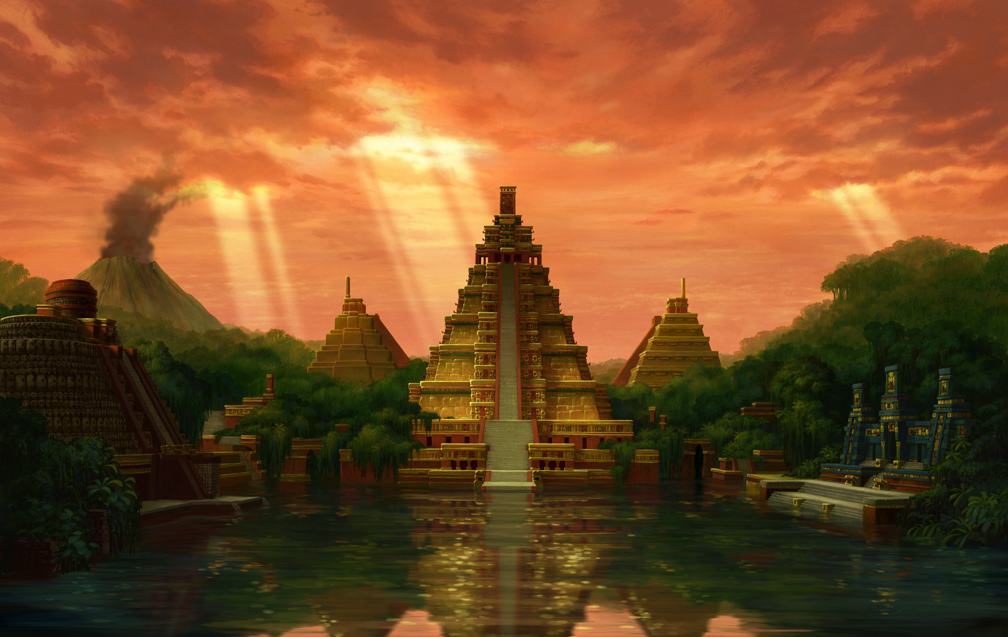
The quest for gold is timeless, transcending race and nationality. People’s greed for the precious metal drives them to seek out its sources, as evidenced by the enduring legend of El Dorado – the city of gold.
In the 16th and 17th centuries, Europeans believed that a place of immense wealth existed somewhere in the New World. Numerous lives were lost in their fruitless attempts to find this treasure, even leading to the execution of some people and the suicide of another.
According to Jim Griffith, a folklorist in Arizona, El Dorado became an idea rather than a place, representing a source of untold riches in the Americas. The origins of the legend can be traced back to South America, where native tribes were known to cover their new chieftain with gold dust and throw gold and jewels into a lake to appease the gods.
The Spaniards, upon discovering the great wealth of the natives on the northern coast, assumed there was a hidden city of gold in the interior. They attempted to drain Lake Guatavita in 1545, but only found hundreds of pieces of gold scattered around the edge. The presumed treasure in the depths of the lake remains undiscovered.
Raleigh’s Quest
Sir Walter Raleigh, an English courtier, made two voyages to Guiana in pursuit of the legendary El Dorado. During his second journey in 1617, he sent his son, Watt Raleigh, went on an expedition up the Orinoco River, while he stayed behind at a base camp located on the island of Trinidad.
Unfortunately, the mission was a failure and Watt was killed in an altercation with the Spanish. Eric Klingelhofer, an archaeologist at Mercer University in Macon, Georgia, claims that Walter Raleigh was so enraged at the survivor of the expedition who informed him of his son’s death, that he accused him of letting his son die and then killed himself in his cabin on board the ship.
Walter Raleigh was later brought back to England and beheaded by King James for disobeying orders to avoid conflict with the Spanish. Despite its elusive nature, the legend of El Dorado has endured.
Jose Oliver, a lecturer at the Institute of Archaeology at University College London, attributes this to the fact that people “want it to be true.” The whereabouts of the ‘lost city of gold’ remains a mystery, but Edgar Allan Poe’s 1849 poem “El Dorado” offers a mysterious and poetic suggestion: “Over the Mountains of the Moon, down the Valley of the Shadow, ride, boldly ride…if you seek for El Dorado.”
Leave a Reply